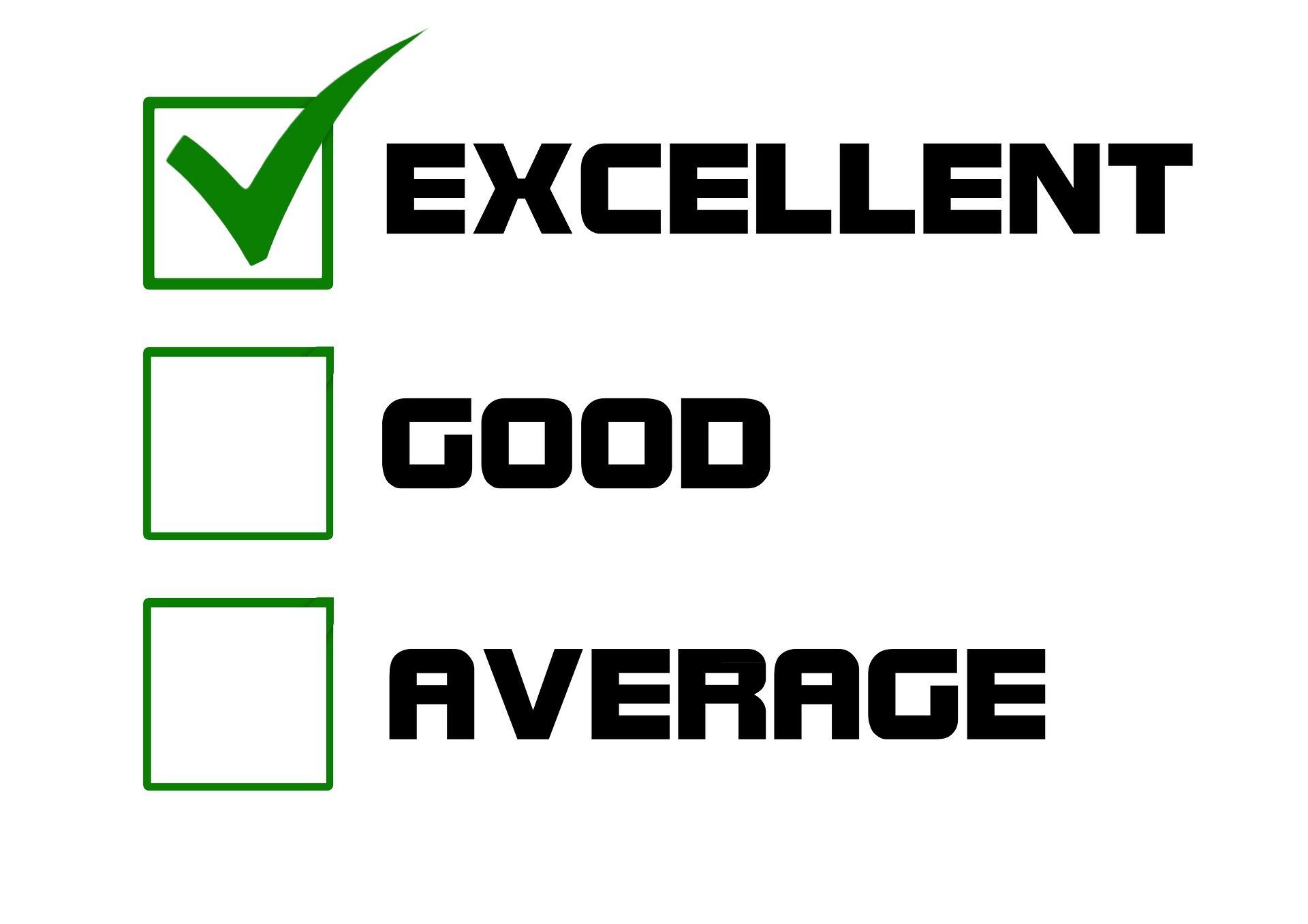Crafting A Contingency Plan For My Business In 2022

If you're a business owner, you know that you have to think about the future. You have to ensure that you can survive if your business fails or goes under. But what happens if you die? What if your business is struggling, but you still have a good product? What if you're starting, and you need to make sure that you have a plan in place to ensure you don't fail?
What is a Business Contingency Plan?
A business contingency plan is a written document that clearly outlines what you will do if something happens to your business. It includes information about how you will handle a crisis, such as the sudden loss of a key employee or a legal dispute with a customer. A good business contingency plan also covers the steps you'll take if the unexpected happens.
A business contingency plan can be a valuable tool for any business owner. It's important to understand that it doesn't have to be complicated. A simple business contingency plan will help you avoid the stress of an unexpected event and keep your business running smoothly.
There are many different types of contingency plans that a business owner can use. For example, you might need a business continuity plan which addresses how you will handle an interruption in your business operations.
You could also create a crisis management plan, which outlines how you will handle a specific crisis, such as a lawsuit or a fire. You may even need a crisis communication plan, which helps you communicate effectively during an emergency.
Crafting a Contingency Plan for My Business in 2022
When you think about starting a business, you need to make sure you have a good business plan outlining everything. You need to know what you want to do with your business and the steps you need to take.
Here are a few things you should consider when creating a business plan:
- What will you sell?
- How will you market your product/service?
- How much will it cost to produce?
- How much will it cost to market it?
- How long will it take to earn your first dollar?
- How will you finance the operation of your business?
- What will you do if your product/service fails?
- What is your exit strategy?
- How will you measure your success?
What Do I Need to Do For My Business In 2022?
Your Business Plan:
Now that you know what you need to do, you have a few options to choose from. Here are the most popular options:
1. A Franchise
It is a popular way to start a business. You get to pick a company, and they give you the tools and training you need to make your business successful. It is an excellent option if you have a good understanding of business.
2. A Sole Proprietorship
It is one of the best ways to start a business because you can keep your profits and losses. With sole proprietorship, you only own the business and not the business name.
3. Partnership
A partnership allows you to share the profits and losses. You will need to find partners who will work together for the same goal.
4. Corporation
A corporation is the most popular form of business. In a corporation, you own the business name and the business. The corporation can use its name, brand, or trading name.
5. LLC (Limited Liability Company)
A limited liability company is a type of business that can be formed in almost every state.
6. S-Corporation
An S-corporation is a type of business taxed differently than a C-corporation. It means that you will pay fewer taxes.
7. Trust
You can form a trust to manage your property and finances.
8. Partnership Agreement
You will need to draft a partnership agreement. The agreement will outline the rules of the business and the division of profits and losses.
9. Articles of Organization
Articles of the organization allow you to create a business legally. They also help you decide the types of business entities you will use.
10. Operating Agreement
The operating agreement is an important document that defines the responsibilities of each person involved in the business.
How to Create a Strategic Business Plan for Your Business
A business plan is a roadmap for your company's future. If you have a plan, you can make better decisions, reduce uncertainty, and avoid making costly mistakes.
A strategic business plan is an effective tool that helps you manage risks and achieve your business goals. It lets you clearly identify the steps you need to take to reach your objectives.
Strategic planning is different from regular business planning. While standard business planning helps focus on day-to-day operations and the short term, strategic planning is longer-term and helps you identify opportunities and threats ahead.
Strategic planning can help you identify problems and opportunities, assess existing strengths and weaknesses, develop strategies, and plans to overcome challenges and seize opportunities, and evaluate the results of your system.
The steps involved in creating a strategic business plan include the following:
- Identify the need for a strategic plan.
- Decide what you need to know about your business.
- Determine your business’s strengths and weaknesses.
- Analyze the market and competition.
- Evaluate your company's financial position.
- Develop a vision statement.
- Develop a mission statement.
- Set measurable goals.
- Develop a strategy.
- Assess your current situation.
- Make SWOT analysis.
- Establish a strategic business plan.
- Implement the strategy.
- Evaluate your strategy.
- Make adjustments as needed.
Business Plans for Startups
The first step in creating a strategic business plan is to define the needs of your business. Your business plan should address the following five core areas:
- Vision: What are your business goals? What will your business be like in the next few years?
- Mission: What is the purpose of your company?
- Strategy: What are your core business activities?
- Organization: What resources do you need to support your strategy?
- Financials: How will you finance your growth and development?
The Three Main Types of Business Plans
Business plans are a part of business plan writing and the most crucial part. The document will guide you on how to write a good business plan. It is also the part of the plan that you need to keep in mind during the entire writing process, so you will need to know the three main types of business plans.
There are three types of business plans that you should look into. These three types include:
- The traditional business plan
- The new-age business plan
- The hybrid business plan
Let's take a look at each one of these types of business plans in detail.
Traditional Business Plan
In a traditional business plan, you would need to define the purpose of your business. Your goal could be to become an entrepreneur, a small business owner, a prominent business owner, or a startup company. You also need to define your market and the services or products you will offer.
Your traditional business plan will give an overview of what you are trying to accomplish, how you intend to achieve it, and what resources you will use to complete your business plan.
It is a traditional business plan because it includes a description of the type of business you are starting and the services or products you intend to offer. You will also describe how you intend to make money through your business.
New-Age Business Plan
A new-age business plan is designed to give you a competitive edge in the marketplace. To get the best results from your business plan, you need to be sure it is different from all the others out there. New-age business plans give you a head start so that you can get the jump on your competition. They also allow you to create something unique, which will provide your business with an edge over the competition.
For example, in the food industry, your new-age business plan might allow you to give the public a delicious meal they will never forget. A new-age business plan is not something that's just an extension of your old business plan. It's an entirely different type of business plan with its own goals.
Hybrid Business Plan
A hybrid business plan combines the best elements of both the traditional and new-age business plan. In this plan, you will still define the purpose of your business. However, instead of describing the services or products you offer, you will also give an overview of your current business and how it works for you.
This hybrid business plan will also explain how you intend to make money through your business. But it will also include a list of the advantages of your business plan. These advantages will make your business stand out from the crowd and help you win the business.
The Five Rules of crafting a Successful contingency plan for my business
A contingency plan is a step-by-step, detailed outline of what will happen if something unexpected happens in your business.
Knowing the following five rules is essential for crafting a successful contingency plan for your business.
Rule #1: Identify the threats to your business.
What if something in your business will damage your current and future business? For example, let's say you have a client who becomes extremely upset over a change you've made to their website. What if this client threatens to sue you for negligence?
You can better protect yourself and your business if you can identify potential threats.
Rule #2: Develop a realistic contingency plan.
Your contingency plan needs to be realistic. If your plan is unrealistic, then it will never work.
It would help if you started your contingency plan with a general overview. Your contingency plan should detail every possible scenario in your business. It includes both positive and negative techniques.
Rule #3: Include specific details.
Your contingency plan needs to include specific details. A good example would be the exact steps you will take if a client becomes upset. For instance, if a client calls you threatening to sue you, then you can respond with a letter detailing everything that will happen, including when and what you will do.
Rule #4: Keep it confidential.
Never share your contingency plan with anyone unless they are part of your business team. It includes clients, employees, and family members. If you share your contingency plan with anyone else, you risk them using it against you and causing harm.
It's essential to keep your contingency plan confidential to avoid getting into trouble.
Rule #5: Document your contingency plan.
A contingency plan is a living document. It should evolve and grow as your business does. Add to your contingency plan as you learn new things about your business.
Documenting your contingency plan helps you track its progress and make sure you're staying on course.
What are the benefits of having a Contingency Plan?
A contingency plan, also known as a backup plan, is an alternative strategy that is developed in case the ordinary course of action fails. A contingency plan should be prepared ahead of time and is an integral part of every business, large or small.
A contingency plan is vital because it gives us a fallback position to handle unforeseen events. It's a strategic approach that is employed to reduce the risks associated with certain activities.
Contingency planning can be used in many different situations. Some examples include:
- Business continuity
- Disaster recovery
- Cyber security
- Legal
- Financial
- Human resources
There are many benefits associated with contingency planning. It ensures safety and security in case the original plan fails.
It also helps with decision-making and allows us to take control in case anything unexpected happens. The contingency plan makes sure that we're always prepared for anything.
Contingency planning is essential because it provides a safety net to cover us if the original plan fails. It allows us to make a quick decision about what to do when the initial method fails.
A contingency plan is like an insurance policy. It covers us in case something goes wrong. We can't always prevent disasters, but we can use a contingency plan to mitigate their effects.
Contingency planning has been proven to be very beneficial. For example, banks, law firms, and other businesses often use it. It enables them to cope with emergencies such as a significant fire or natural disaster.
It is increasingly important to have a contingency plan in today's world. It allows us to cope with the unexpected. Anyone, large or small, can use contingency planning.
Conclusion
In conclusion, to be successful, you need to have a plan. You can't just wing it. You need to be able to predict the future and be prepared for it.
Do you feel like you are struggling with putting "strategy" and "business growth concepts" in place that make a difference? Doing it all is overwhelming! Let’s have an honest discussion about your business and see if the Power of 10 can help you. Click “HERE” to have a great conversation with our team today.
Written and Published By The Strategic Advisor Board Team
C. 2017-2021 Strategic Advisor Board / M&C All Rights Reserved
www.strategicadvisorboard.com / info@strategicadvisorboard.com








SAB Foresight
Receive updates and insights
SAB Foresight Signup Form
Thank you for subscribing.
You will receive the next newsletter as soon as it is available.
Please try again later.
Copyright © 2017-2023 Strategic Advisor Board, LLC / M&C



